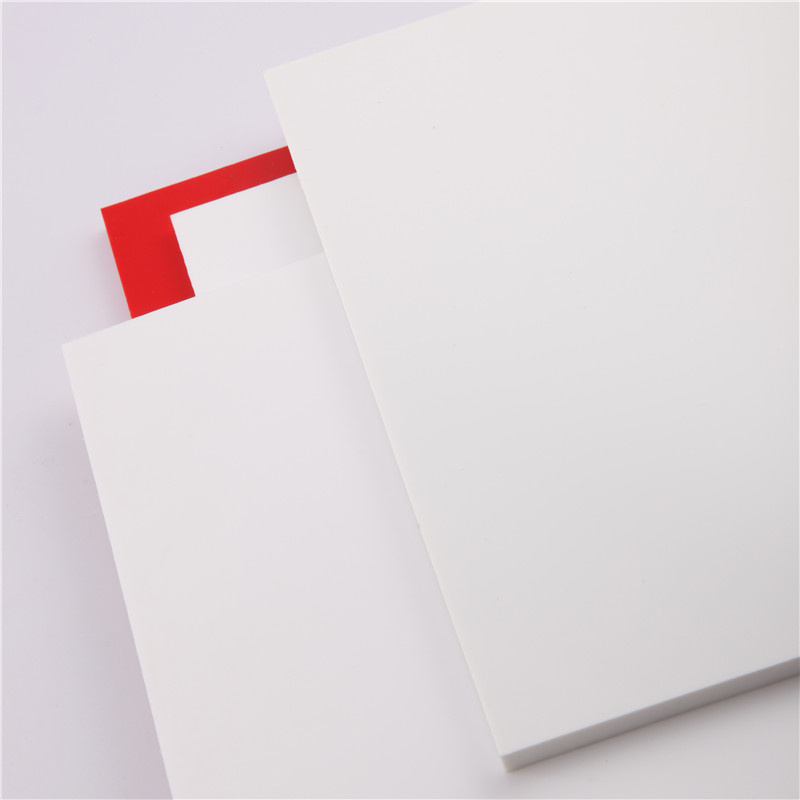Aug . 13, 2024 01:46 Back to list
Exploring the Benefits and Applications of Solid CPVC Pipes in Modern Plumbing Systems
Understanding Solid CPVC Pipe Properties, Applications, and Benefits
Chlorinated Polyvinyl Chloride, commonly known as CPVC, is a thermoplastic material widely used in a variety of plumbing and construction applications. The solid CPVC pipe, in particular, is known for its notable strength, durability, and a range of advantageous properties that make it an ideal choice for both residential and industrial uses. This article explores the features, applications, and advantages of solid CPVC pipes.
Properties of Solid CPVC Pipe
Solid CPVC pipe is manufactured through the polymerization of vinyl chloride and is chlorinated to enhance its thermal and chemical resistance. One of the standout features of solid CPVC pipes is their ability to withstand high temperatures, making them suitable for hot water systems. Unlike traditional PVC pipes, which can warp or deform under heat, solid CPVC maintains its structural integrity even in demanding thermal environments, with a maximum service temperature of around 200°F (93°C).
Additionally, solid CPVC pipes exhibit excellent resistance to a wide range of chemicals, including acids, bases, and salts. This resistance makes them suitable for various industrial applications, such as chemical processing and wastewater management. Moreover, the smooth interior surface of CPVC pipes reduces friction loss, promoting efficient fluid flow while minimizing buildup and clogging.
Applications of Solid CPVC Pipe
Solid CPVC pipes are utilized in numerous applications across different sectors. One of the primary uses is in residential plumbing systems, where they are employed for hot and cold water supply lines. Their ability to withstand high temperatures without deforming or leaking makes them a reliable option for household plumbing.
solid cpvc pipe

In addition to residential use, solid CPVC pipes are extensively used in commercial and industrial settings. They are commonly found in chemical processing plants, where they transport aggressive chemicals safely and efficiently. Their versatility also makes them suitable for fire suppression systems, where high thermal resistance is crucial. Furthermore, solid CPVC pipes are often used in irrigation systems, where their strength and durability can withstand various environmental conditions.
Advantages of Solid CPVC Pipe
One of the primary benefits of solid CPVC pipes is their longevity. These pipes have a lifespan of over 50 years, which significantly reduces the need for frequent replacements, leading to cost savings in maintenance and installation. Additionally, CPVC is lightweight compared to metal alternatives, such as copper or steel, making it easier and more cost-effective to transport and install.
Another significant advantage lies in the ease of installation. Solid CPVC pipes can be joined using solvent cement, which creates strong and leak-proof connections. This method not only simplifies the assembly process but also reduces installation time and costs.
Moreover, solid CPVC pipes are environmentally friendly. They are recyclable and do not corrode like metal pipes, which often require protective coatings that can be harmful to the environment. Choosing CPVC over traditional materials not only benefits the user in terms of performance but also contributes to sustainable practices.
Conclusion
In conclusion, solid CPVC pipes offer a remarkable combination of strength, durability, chemical resistance, and thermal stability, making them an excellent choice for a wide array of applications. Whether in residential plumbing systems, commercial enterprises, or industrial settings, solid CPVC pipes provide reliable solutions that stand the test of time. Their advantages, combined with their eco-friendly nature, solidify CPVC as a preferred material in modern plumbing and construction, paving the way for efficient and sustainable development. As industries continue to evolve, the demand for such reliable materials will only grow, ensuring that solid CPVC pipes remain a cornerstone in pipeline infrastructure.
-
Durable PVC Pipe Fittings for Plumbing & Irrigation Needs
NewsAug.18,2025
-
HDPE Steel Belt Reinforced Spiral Corrugated Pipe | High Strength
NewsAug.17,2025
-
HDPE Pipe Fittings: Durable, Leak-Proof Solutions
NewsAug.16,2025
-
Premium CPVC Sheet: High-Temp & Chemical Resistant Solutions
NewsAug.15,2025
-
Durable PPR Pipe for Hot & Cold Water Systems - Easy Install
NewsAug.14,2025
-
Durable HDPE Sheet | Versatile & Impact-Resistant Plastic
NewsAug.13,2025

